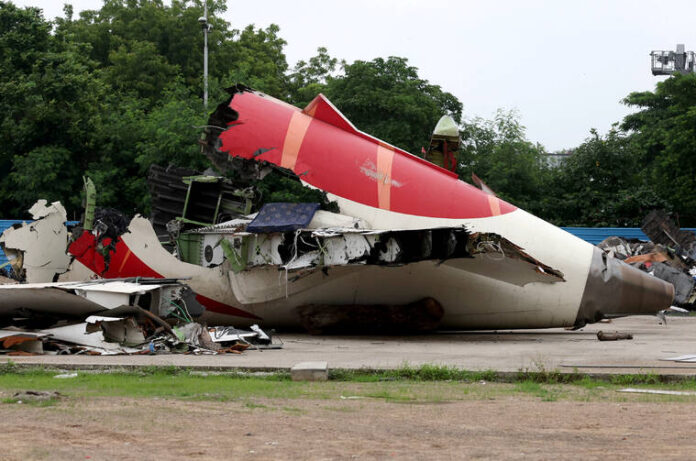
The U.S. Federal Aviation Administration (FAA) and Boeing have privately affirmed that the fuel switch lock mechanisms on Boeing aircraft, including the 787 Dreamliner, are safe and do not warrant regulatory action, according to an internal notification and sources familiar with the matter.
This development comes in the wake of a preliminary investigation by India’s Aircraft Accident Investigation Bureau (AAIB) into the tragic Air India Boeing 787-8 crash last month, which claimed 260 lives. The AAIB’s report raised questions about the possible role of engine fuel cutoff switches in the fatal incident.
In a Continued Airworthiness Notification issued on July 11 to civil aviation authorities globally, the FAA stated that, despite the similarity in design across several Boeing models, it does not consider the fuel control switch configuration to pose “an unsafe condition” that would require an Airworthiness Directive. The agency declined further comment beyond the notification.
Boeing echoed the FAA’s stance in a recent Multi-Operator Message sent to airlines, confirming no additional action is recommended at this time, according to two sources with direct knowledge. Boeing also directed inquiries back to the FAA.
The AAIB’s preliminary findings cited a 2018 FAA advisory, which had recommended, but did not mandate, checks on the locking function of fuel cutoff switches on multiple Boeing aircraft types. Air India acknowledged it did not perform those inspections, as they were not compulsory. However, maintenance logs confirm that the aircraft’s throttle control module, housing the switches, was replaced in 2019 and 2023, and all relevant directives were followed.
Crucially, the cockpit voice recorder revealed that, during the final moments of the ill-fated flight, one pilot asked the other why the fuel was cut. The second pilot reportedly denied having done so. The fuel switches had flipped from “run” to “cutoff” nearly simultaneously shortly after takeoff, though the report does not explain how this occurred.
Amid growing scrutiny, ALPA India, which represents Indian pilots at the International Federation of Air Line Pilots’ Associations, has rejected any premature attribution of pilot error. The group called for a transparent, evidence-based investigation and demanded inclusion in the ongoing probe as observers.
“The pilots’ body must now be made part of the probe, at least as observers,” ALPA India President Sam Thomas said. In a statement posted on social media, the group emphasized that the 2018 FAA advisory itself pointed to a potential equipment issue.
Two American aviation safety experts also expressed support for ALPA India’s call to observe the investigation but maintained that the AAIB report appeared unbiased and professionally handled.
John Cox, a veteran pilot and former ALPA U.S. representative, told Reuters the investigation “seemed objective and fair,” countering any suggestions of investigative prejudice against the flight crew.
The AAIB is expected to release a final report after further analysis and consultation with all stakeholders.












